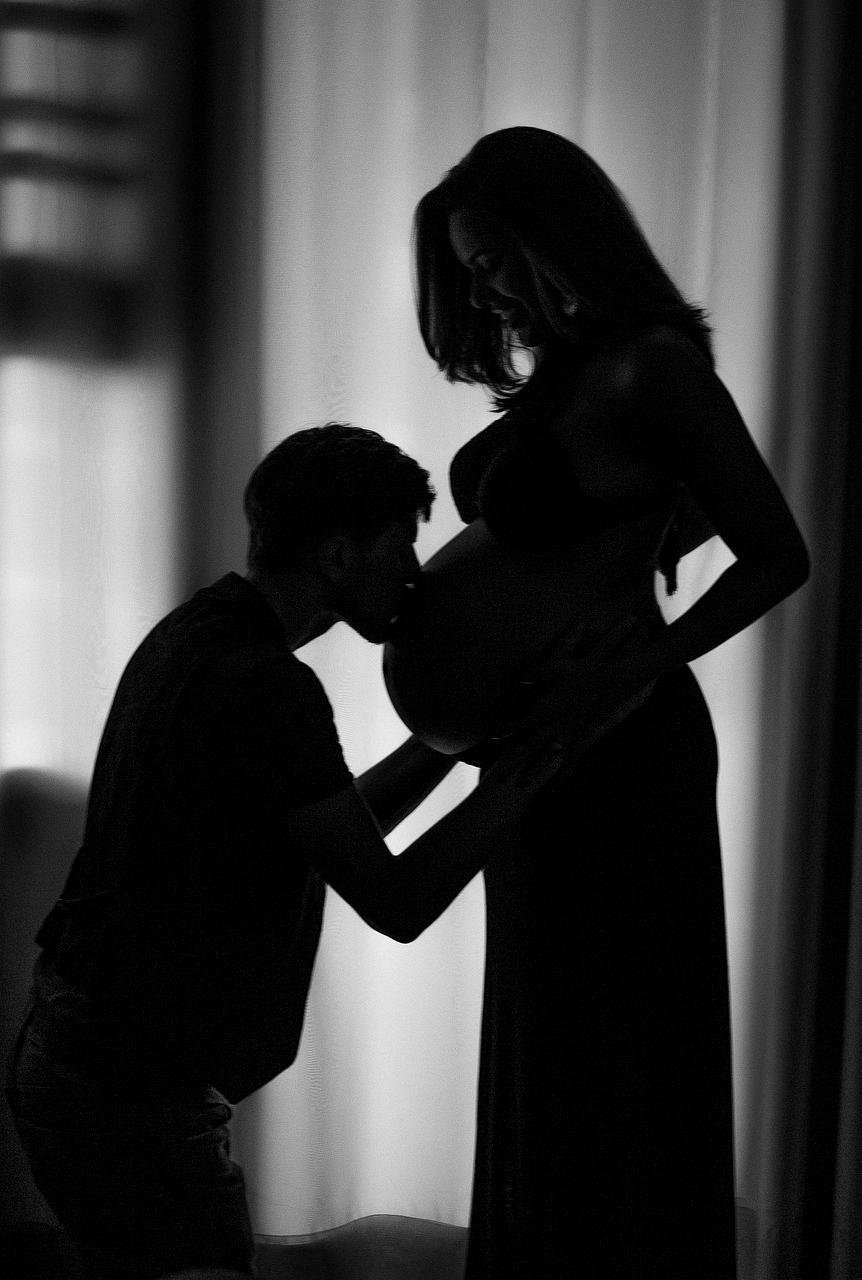During pregnancy, experiencing a tight chest can be a common occurrence that may cause concern for many mothers-to-be. As your body undergoes significant changes to accommodate the growth and development of your baby, various symptoms such as a tight chest can arise. Knowing what factors contribute to this sensation can help alleviate any worries and ensure a smoother pregnancy experience.
Reasons for Tight Chest During Pregnancy
There are several reasons why women may experience a tight chest during pregnancy. One primary factor is the increased heart rate that often accompanies the changes in circulation and blood volume to support the growing fetus. As the heart works harder, it can lead to sensations of tightness or discomfort in the chest area.
Physical Changes
Additionally, the physical changes in your body, such as the expansion of the uterus and the upward pressure from the growing baby, can contribute to compression of your lungs and diaphragm. This compression may result in difficulty breathing and feelings of tightness in the chest.
Hormonal Influence
The hormonal fluctuations that occur during pregnancy can also play a role in chest tightness. The increase in progesterone levels can affect the respiratory system, leading to a feeling of breathlessness and tightness in the chest.
Emotional Factors
Emotional factors, such as stress, anxiety, or panic, can exacerbate feelings of tightness in the chest. Pregnancy can bring about a range of emotions, and managing stress levels is crucial for both your well-being and that of your baby.
When to Seek Medical Attention
While tightness in the chest is often a normal part of pregnancy, there are instances where it may indicate a more serious condition. If you experience severe chest pain, dizziness, fainting, or difficulty breathing, it is essential to seek immediate medical attention to rule out any underlying issues.
Managing Chest Tightness
There are steps you can take to alleviate feelings of tightness in the chest during pregnancy. Practicing relaxation techniques, such as deep breathing exercises or prenatal yoga, can help calm your mind and body. Maintaining good posture and avoiding tight clothing can also ease discomfort.
Consulting Your Healthcare Provider
It is crucial to communicate any concerns or symptoms with your healthcare provider throughout your pregnancy. Your doctor can provide personalized guidance and recommendations to address chest tightness and ensure the well-being of both you and your baby.
Importance of Self-Care
Self-care plays a vital role in promoting a healthy pregnancy journey. Prioritizing adequate rest, staying hydrated, and engaging in light physical activity can contribute to overall well-being and may help alleviate symptoms like chest tightness.
Support System
Building a strong support system of family, friends, or other expectant mothers can offer emotional reassurance and practical assistance during this transformative time. Sharing experiences and seeking advice from trusted sources can help ease any worries you may have.
Embracing the Pregnancy Experience
While it is normal to experience a range of physical and emotional symptoms during pregnancy, remember that each woman’s journey is unique. Embrace the changes happening within your body and trust in your ability to navigate this incredible process with strength and resilience.
Conclusion
In conclusion, experiencing tightness in the chest during pregnancy is a common occurrence due to the physical, hormonal, and emotional changes that accompany this transformative time. By understanding the factors contributing to chest tightness and seeking guidance from your healthcare provider, you can navigate this experience with confidence and peace of mind.

